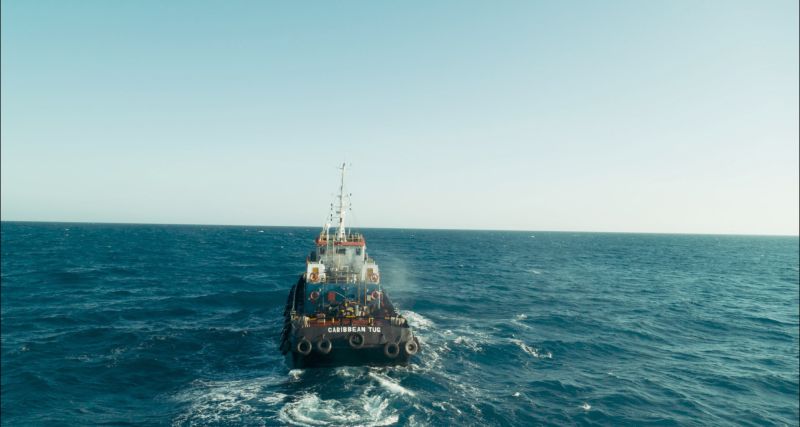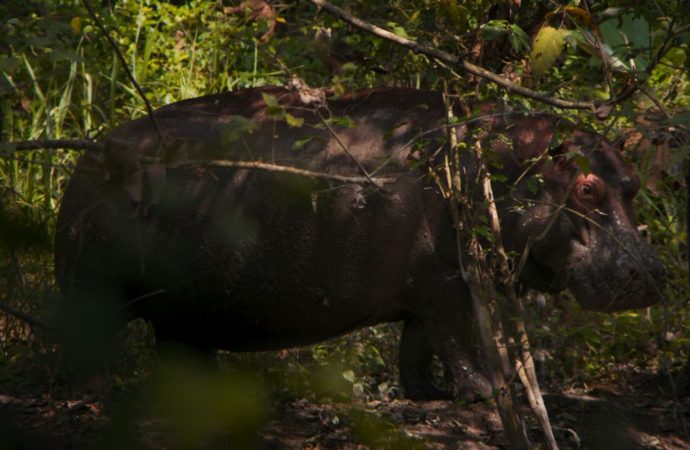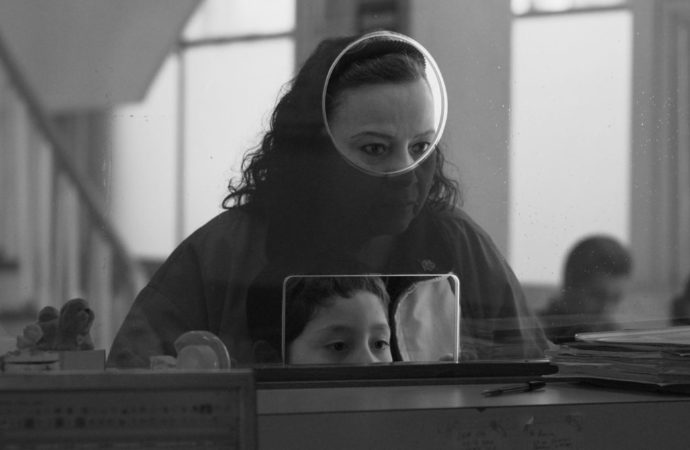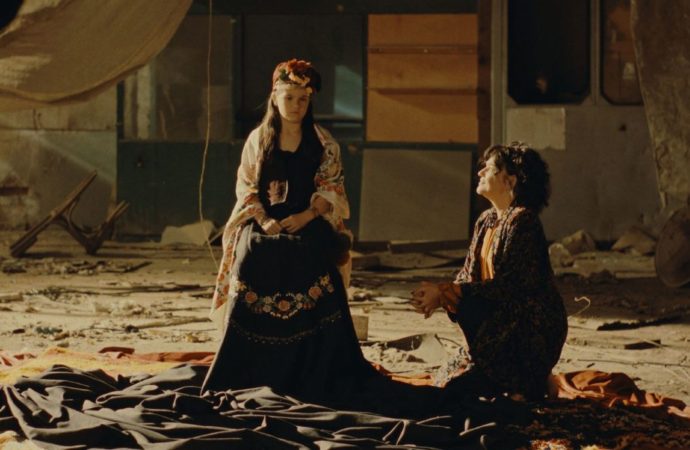The 74th Berlinale has programmed in competition the first film by a Dominican director: Pepe, by Nelson Carlo de los Santos Arias, and has chosen a singular, unclassifiable work, as Carlo Chatrian defined it in the presentation of the line-up for the last edition, which he directed in tandem with Mariette Riessenbeck. A co-production between the Dominican Republic, Namibia, Germany, and France, this story that straddles documentary and fiction is such a personal film that the director has been involved in its writing and editing, photography (in collaboration with Camilo Soratti and Roman Lechapelier), sound design (with Nahuel Palenque) and the composition of the soundtrack.
Nelson Carlo de los Santos Arias studied film in Buenos Aires and Edinburgh and his films have gained international recognition since his first short film SHESAID HEWALKS HESAID SHEWALKS, which won a BAFTA Scotland in 2009; his documentary about a mother and daughter living in isolation on the outskirts of New York (Pareces una carreta de esas que no la para ni lo’bueye, 2013) was included in an exhibition of Latin American art at the Guggenheim Museum in New York. In addition, his graduation film Santa Teresa y otras historias (2015) won the Prix Georges de Beauregard at FidMarseille, and Cocote (2015) won the Signs of Life prize at Locarno.

Pepe (Nelson Carlo, 2024). Fotografía: Monte & Culebra.
His latest film, Pepe (2024), which he developed during his participation in the DAAD artists’ program in Berlin, is a display of artistic daring, in terms of combining genres to create a unique film, whose stylistic resources are woven with audacity and experimental vocation, the fruit of an exuberant imagination. As the director declares, he feels the need to return to his recurring themes, the fantasy genre, and the universe of children. In Pepe, we find the amazing landscapes of the Okavango delta, and the mighty rivers of Colombia, but this is not a documentary, since the product of imagination turns the hippos into talking beings, either in Afrikaans or in Spanish. The survival of the natural childlike capacity to believe in the invisible and to construct a world of one own outside all logic has been one of the basic resources that Nelson Carlo de los Santos Arias has kept intact and thanks to which he has been able to offer such an original film.
As the director acknowledges: “The child’s world is full of things that only he can see and many times he gets angry as he understands that others will never see them. The fantastic gives us the possibility of creating impossible worlds, turning imagination into that bridge towards the much-needed utopia”. As for the clash of cultures, which Pepe’s abduction symbolizes in an action of contemporary colonialism, he explains that utopia eliminates the danger that reaffirmation in the repetition of a fabricated history is perverted because it would be degenerating into a misleading, mystifying discourse used to make their interests prevail. Utopia is a continuous critique of the power which “allows this call to ‘elsewhere’, to a ‘still non-existent’ society”.
In this way, Pepe has emerged from the personal and collective imagination of Nelson Carlo de los Santos Arias, with the starting point of a being who is expelled from his habitat without knowing the reason, where he was, or where he died. This is a story that can be transferred to so many others that have borne the stamp of colonization, marking exiled living beings, be they humans, animals, or plants. Pepe speaks to us and transmits to us that he has no perception of time or space, the change of languages is a fact beyond his control, and he finds it difficult to recognize his voice. The profound sadness that Pepe transmits is reinforced by the counterpoint of the traditional scenes of the Colombian villages, be it the beauty contests, the cartoons of Pepe Pótamo, or the hunting of the beasts that Pablo Escobar’s ambition and caprice left to their fate after tearing them from their natural habitat.
Nelson Carlo de los Santos Arias won the Silver Bear for Best Director for Pepe.
Article updated on 24 February 2024.









No one has posted any comments yet. Be the first person!